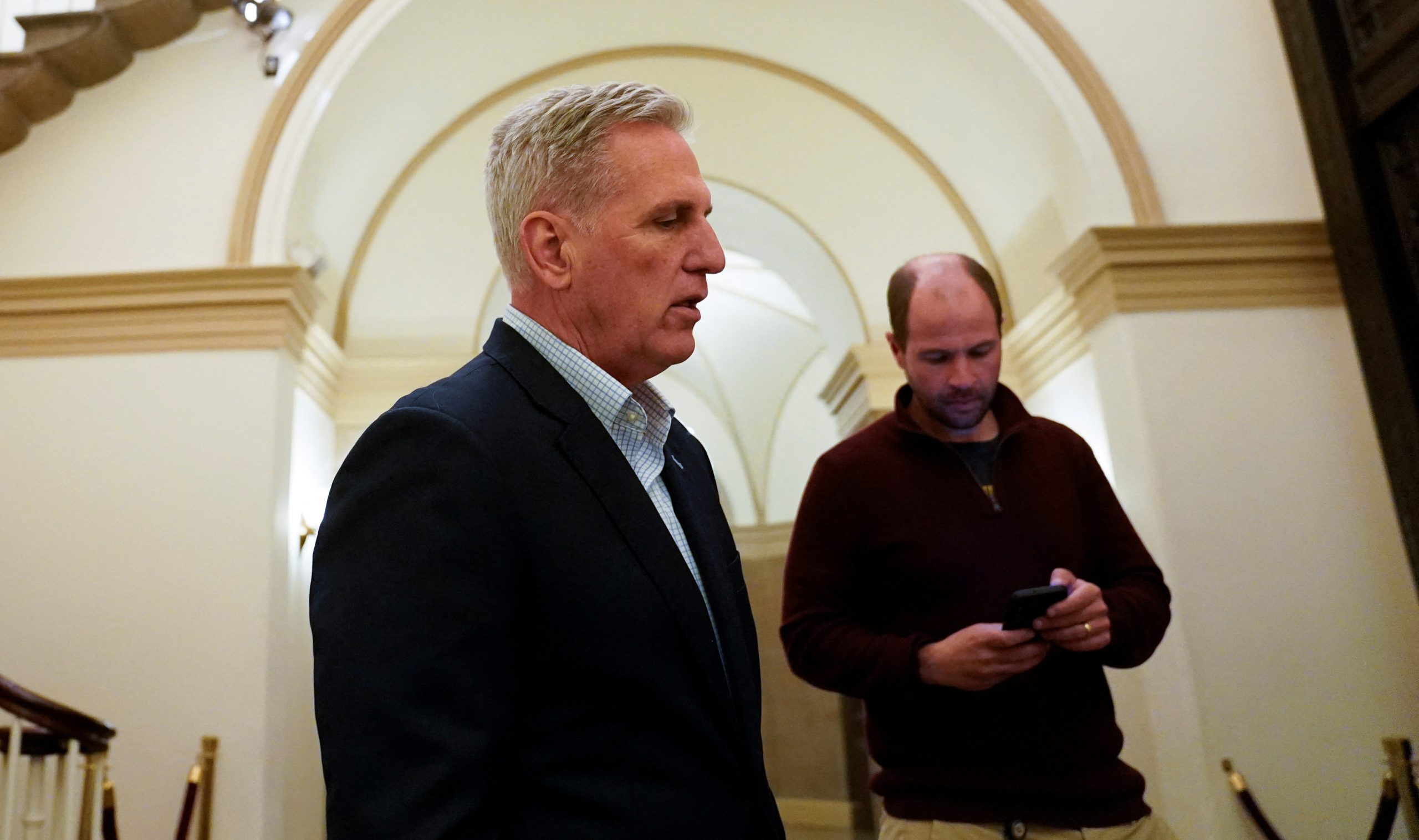
Willie R. Tubbs, FISM News
[elfsight_social_share_buttons id=”1″]
After months of stalemate and one lengthy Saturday phone call, House Speaker Kevin McCarthy (R-Calif.) and President Joe Biden have agreed on a plan for raising the federal debt ceiling.
One would not accuse McCarthy or Biden of being particularly happy with whatever deal has been agreed upon, but both sides confirmed an understanding had been reached.
“I just got off the phone with the president a bit ago,” McCarthy tweeted Saturday evening. “After he wasted time and refused to negotiate for months, we’ve come to an agreement in principle that is worthy of the American people.”
Later in the night, McCarthy touted the agreement as a major win for the right.
“Republicans are poised to deliver big, consequential change in Washington,” McCarthy tweeted. “Soon, we will vote for a responsible debt limit agreement that stops Democrats’ reckless spending, claws back unspent COVID funds, blocks Biden’s new tax schemes, & much, much more.”
Republicans are poised to deliver big, consequential change in Washington. Soon, we will vote for a responsible debt limit agreement that stops Democrats' reckless spending, claws back unspent COVID funds, blocks Biden's new tax schemes, & much, much more https://t.co/TQ7CblFsaM
— Kevin McCarthy (@SpeakerMcCarthy) May 28, 2023
The details of the deal remain murky, and it’s still anyone’s guess if either the House or Senate will support it, but it appears Biden and McCarthy have agreed to raise the debt limit for two years while instituting a spending cap over the same time.
McCarthy seems to have also gotten Biden to acquiesce on reclaiming unused COVID funds, reforming some energy permitting processes, and adding some work requirements for federal aid programs.
“It is an important step forward that reduces spending while protecting critical programs for working people and growing the economy for everyone,” Biden said in a statement. “And, the agreement protects my and Congressional Democrats’ key priorities and legislative accomplishments. The agreement represents a compromise, which means not everyone gets what they want. That’s the responsibility of governing.”
The next hurdle for Biden and McCarthy to clear will be actually getting their allies in Congress to approve the new plan.
While it’s likely that both sides have sufficient support to overcome opposition, McCarthy might face a challenge from stauncher conservatives.
This might also prove the first real test of the concessions McCarthy made in order to become speaker. Any one House Republican could use the moment to move to vacate the speakership and, if not derail the debt-ceiling bill, potentially send the House into chaos.
No matter the shape the next steps take in the process of getting the American taxpayer on the hook for even more debt, time could be of the essence.
Treasury Secretary Janet Yellen has told lawmakers that the nation will default on its debts June 5 without action.
This is a slight adjustment from the June 1 date that Yellen and many lawmakers had projected for months. As previously reported on FISM, some Republicans are questioning the validity of Yellen’s projections.
